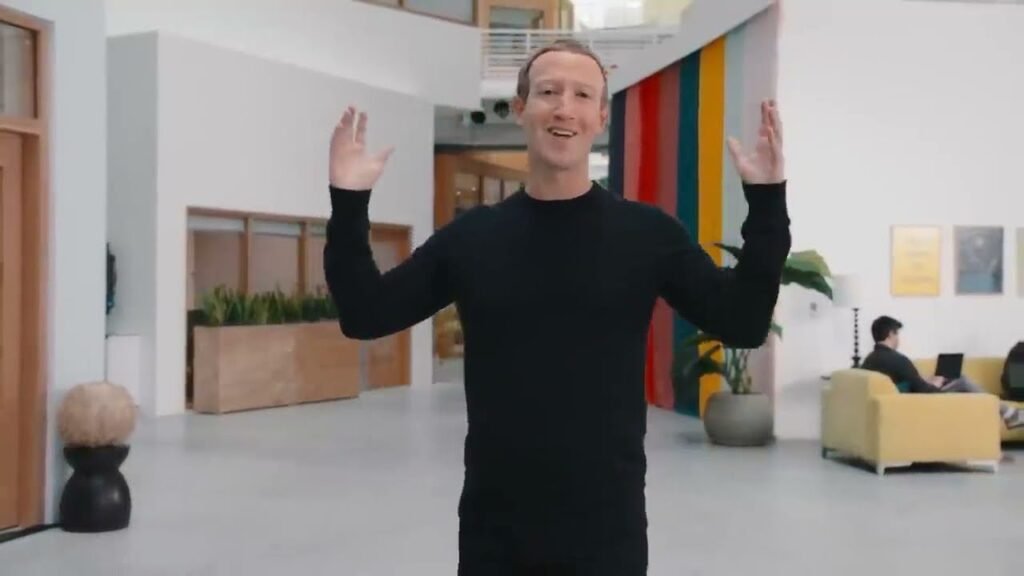Mark Zuckerberg has openly expressed that Meta wants to reach the forefront of the global artificial intelligence (AI) race. After receiving a warning that falling behind companies like OpenAI in the AI space could hurt Meta’s future, Zuckerberg has begun efforts to acquire AI firms. Although he held talks with the owners of Perplexity AI, he wasn’t successful.
We’ll offer up to $100 million—join us!”
The next move was an attempt to bring top AI researchers under the Meta umbrella. According to The New York Times, Zuckerberg made offers to over 45 researchers from OpenAI—currently considered to be one of the best-performing companies in the field.
Reports say that at least one, possibly more, researchers were offered up to $100 million as a total compensation package (including stock and bonuses). Four OpenAI researchers have already accepted the offer and joined Meta.
Zuckerberg’s next target: Superintelligence
Zuckerberg is now aiming to be the first to develop Artificial General Intelligence (AGI), and beyond that, Superintelligence. Experts in the field believe Superintelligence could possess god-like abilities, outperforming the human brain by orders of magnitude.
Zuckerberg, like many other tech leaders, believes that AI is the most powerful technology we’ve seen in our lifetime. He also feels that if Meta fails to make a strong mark in this area, it could fall irreparably behind.
Now over 1,000 researchers
Meta’s AI division currently has over 1,000 researchers, and efforts to bring in even more are in full swing. It’s reported that Zuckerberg also approached Ilya Sutskever, OpenAI’s former Chief Scientist, with an offer. However, Sutskever, now working at a company called Safe Superintelligence, declined. Still, Zuckerberg is now trying to bring in Nat Friedman, a co-founder of Safe Superintelligence.
Observers say we’ll have to wait and see if Zuckerberg’s strategy will succeed.
Altman: Don’t fully trust ChatGPT
ChatGPT has rapidly captured the attention and admiration of millions of users worldwide. However, OpenAI CEO Sam Altman has cautioned users not to place full trust in it. He warned against relying too heavily on its responses, noting that AI can make mistakes and may suffer from issues like “hallucinations” (producing inaccurate or nonsensical information).

